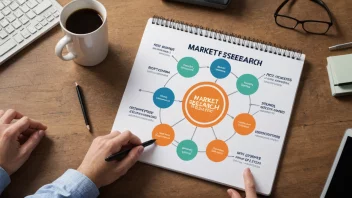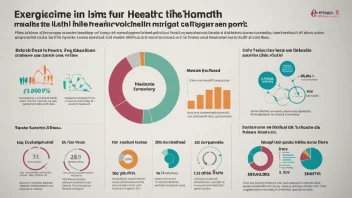What are trade unions?
Trade unions are organized groups of workers who come together to make decisions about the work environment. They advocate for the rights and interests of their members, negotiating with employers on issues such as wages, working conditions, and benefits.
How do trade unions influence labor policies?
Trade unions influence labor policies by lobbying governments and engaging in collective bargaining. They represent the collective voice of workers, pushing for legislation that protects workers' rights and improves working conditions.
What are some key functions of trade unions?
- Collective Bargaining: Unions negotiate contracts with employers on behalf of their members.
- Advocacy: They advocate for labor-friendly policies at local, state, and national levels.
- Support and Representation: Unions provide support to workers in disputes with employers.
- Education and Training: Many unions offer training programs to enhance workers' skills.
What are the benefits of being part of a trade union?
Being part of a trade union can provide numerous benefits, including:
- Better Wages: Unionized workers typically earn higher wages compared to non-unionized workers.
- Improved Working Conditions: Unions advocate for safer and healthier workplaces.
- Job Security: Unions work to protect jobs from unfair dismissals.
- Access to Benefits: Unions often negotiate for better health care, retirement plans, and other benefits.
What challenges do trade unions face today?
Trade unions face several challenges in the modern labor market, including:
- Declining Membership: Membership in unions has been declining in many countries, affecting their bargaining power.
- Globalization: The increasing mobility of labor and capital can undermine local labor protections.
- Legislative Changes: Changes in labor laws can restrict union activities and influence their effectiveness.
How do trade unions affect economic growth?
Trade unions can have a mixed impact on economic growth. On one hand, by advocating for fair wages and benefits, unions can enhance consumer purchasing power, which can stimulate economic growth. On the other hand, some argue that high union demands can lead to increased labor costs for businesses, potentially hindering growth.
What is the future of trade unions?
The future of trade unions may involve adapting to new economic realities. This includes embracing technology, focusing on inclusivity, and forming alliances with other social movements to remain relevant in today's fast-changing labor landscape.
In conclusion, trade unions play a crucial role in shaping labor policies and advocating for workers' rights. Despite facing significant challenges, their influence remains vital in ensuring fair treatment and protection for workers in various industries.






